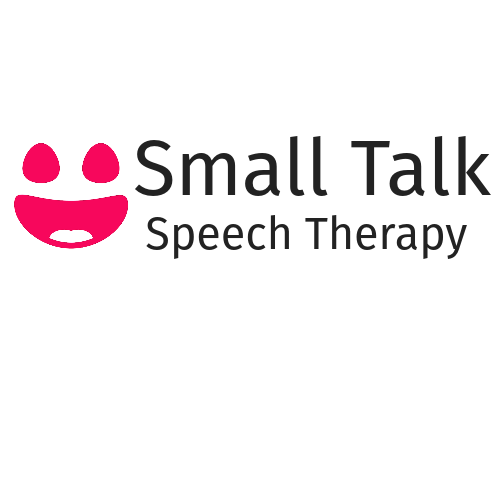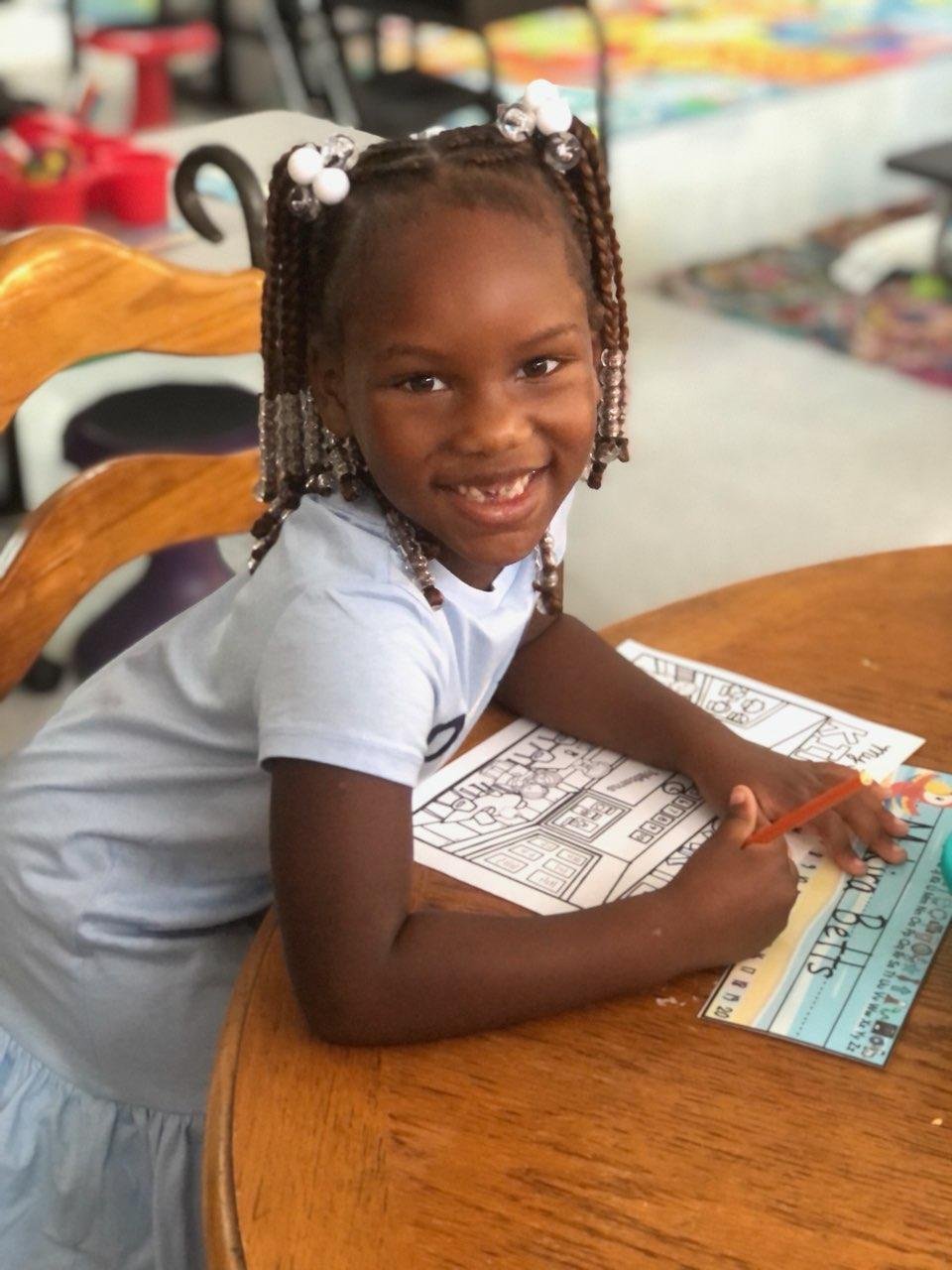
Our Services
-
Augmentative and Alternative Communication (AAC) devices serve as a vital tool for people with various conditions, such as autism, cerebral palsy, and people with hearing impairments. AAC devices come in a wide range of forms, from simple picture boards to sophisticated tablet-based systems. They utilize various communication methods, such as gestures, sign language, symbols, and text-to-speech technology, allowing users to choose the most suitable method for their needs.
-
Apraxia of speech, also known as verbal apraxia or dyspraxia, is a speech disorder in which a child has trouble saying what he or she wants to say correctly and consistently. It is a motor speech disorder in which a child presents with difficulty coordinating the oral muscles used for speech. It is not due to weakness or paralysis of the speech muscles, but rather voluntary coordination. The severity of apraxia of speech can range from mild to severe.
-
Aphasia following a stroke is a condition that affects a person's ability to comprehend or express language. This communication disorder occurs as a result of damage to the language centers of the brain. A stroke, which disrupts the blood supply to the brain, often leaves individuals struggling to find the right words, understand sentences, or even read and write.The impact of aphasia can vary widely, depending on the location and severity of the brain injury. Some individuals may experience mild forms of aphasia, where they have difficulty finding specific words or occasionally struggle to construct coherent sentences. Others may endure severe aphasia, rendering them nearly unable to communicate verbally or through written language.
-
Our Articulation and Speech Therapy program strives to help your child produce and shape speech sounds accurately. Children may substitute, omit, add, or change various speech sounds or entire speech sound patterns. For example, your child may produce "ouse" instead of "house" or substitute sounds that are made in the back of the mouth (e.g., "k" and "g") with sounds that are made in the front of the mouth (e.g., "t" and "d").
-
A child with auditory processing disorder presents with difficulty comprehending the information they hear in the same way as others because their ears and brain don't fully coordinate. This adversely affects the way the brain recognizes and interprets sounds. At Small Talk, we have extensive experience with CAPD/APD and offer the Fast ForWord program to help improve skills.
-
Auditory Verbal Therapy is a specialized therapy where children who are deaf/hard of hearing learn to speak and use their listening skills! Our Director has specialized training to enhance the parent/child interaction and develop the use of residual hearing in order to develop strong oral/aural communication skills. Only a few therapists in Jacksonville and St. Augustine have this specialized training.
-
We offer individual and small group aural rehabilitation sessions that will help you make the best use of your hearing either through a hearing aid or cochlear implant. We will help you take charge of your communication with others.
Our staff can use ASL to communicate with you if needed. Through specified training and practice, you can acquire new listening skills and habits.
-
Autism spectrum disorders and semantic pragmatic disorders are a group of disorders that are characterized by impairments in social interaction, imaginative activity, and verbal and non-verbal communication skills. While the characteristics vary greatly, common attributes of ASD include limited affect, hyper/hypo sensitivity to their environment, repetitive behaviors, and/or inappropriate play skills.
-
Bilingual therapy, when conducted in Spanish, is a form of therapy that aims to provide mental health support and treatment to individuals who primarily speak Spanish. It acknowledges the importance of addressing mental health concerns within the context of an individual's native language and culture.
-
During cognitive therapy, a therapist collaboratively works with the individual to identify specific thoughts and beliefs that contribute to their difficulties. The therapist provides a supportive environment to explore these cognitive distortions and their underlying causes. This helps individuals gain insight into their own thinking processes and how they affect their emotions and actions.
-
Dysarthria voice therapy is a specialized form of therapy aimed at improving the clarity and intelligibility of speech in individuals with dysarthria. It focuses on addressing the specific challenges related to muscle weakness, coordination, and control that are present in this speech disorder. The primary goal of dysarthria voice therapy is to maximize an individual's ability to communicate, enabling them to be understood by others and enhance their overall quality of life.
-
Dyslexia is a neurodevelopmental disorder that affects an individual's ability to read, write, and spell. It is characterized by difficulties with accurate and fluent word recognition, poor spelling, and limited reading comprehension. While dyslexia is predominantly associated with reading impairments, it can also affect an individual's ability to process and understand written language.
-
An executive functioning disorder describes difficulties associated with goal setting, carrying out organized steps, and modifying a plan to complete a task successfully. These skills are important for learning from past experiences and applying the knowledge to new experiences. Attention, memory, impulse control, organization, planning, and hierarchical thinking problems often described by parents and teachers are the executive function.
-
Feeding desensitization is the process of gradually exposing oneself to a variety of foods, challenging preconceived notions, and embracing a balanced mindset toward eating
-
Language is composed of both the expressive and receptive parts of speech. Therapy for expressive language focuses on your child's ability to express their thoughts and feelings through communication. Expressive language also includes your child's vocabulary and use of grammar. In contrast, receptive language refers to your child's ability to attend to, process, comprehend, retain, and integrate spoken or signed language. Accordingly, therapy for receptive language will focus on your child's ability to understand spoken or signed language and follow directions.
-
Oral motor exercises may be necessary for weak muscles in the mouth and face to improve speech production. These muscles sometimes need strengthening, need to move farther, and have better coordination. Increasing the strength and range of motion of oral muscles can help patients increase their intelligibility and articulation, as well as improve any eating, feeding, or swallowing problems.
-
Sign language, a visual means of communication, has been recognized as a valuable tool for improving speech therapy outcomes in individuals with speech and language disorders. The use of sign language in speech therapy is particularly beneficial for individuals who have difficulty with spoken language production, comprehension, or both. By incorporating sign language into therapy sessions, speech-language pathologists (SLPs) can enhance communication, promote language development, and facilitate overall speech improvement.
-
Through teletherapy, speech therapy can be delivered remotely and effectively. We offer technology resources to conduct video conferencing in order to further support our patients. Small Talk provides convenient online appointments from the comfort of your home or office using a HIPPA-compliant platform. All you need is a computer, tablet, or phone and an internet connection.
We can see you in person at one of our four locations or anywhere in Florida via Telehealth.
Small Talk is in-network with medicaid, medicare and most major insurance companies.



